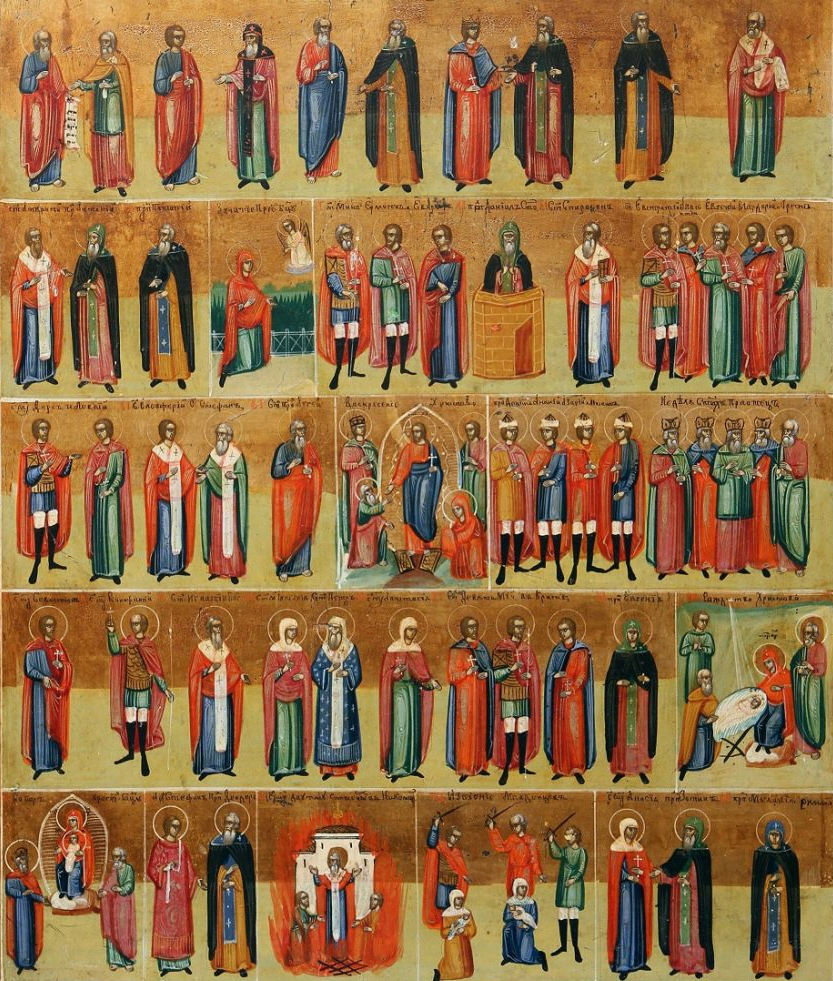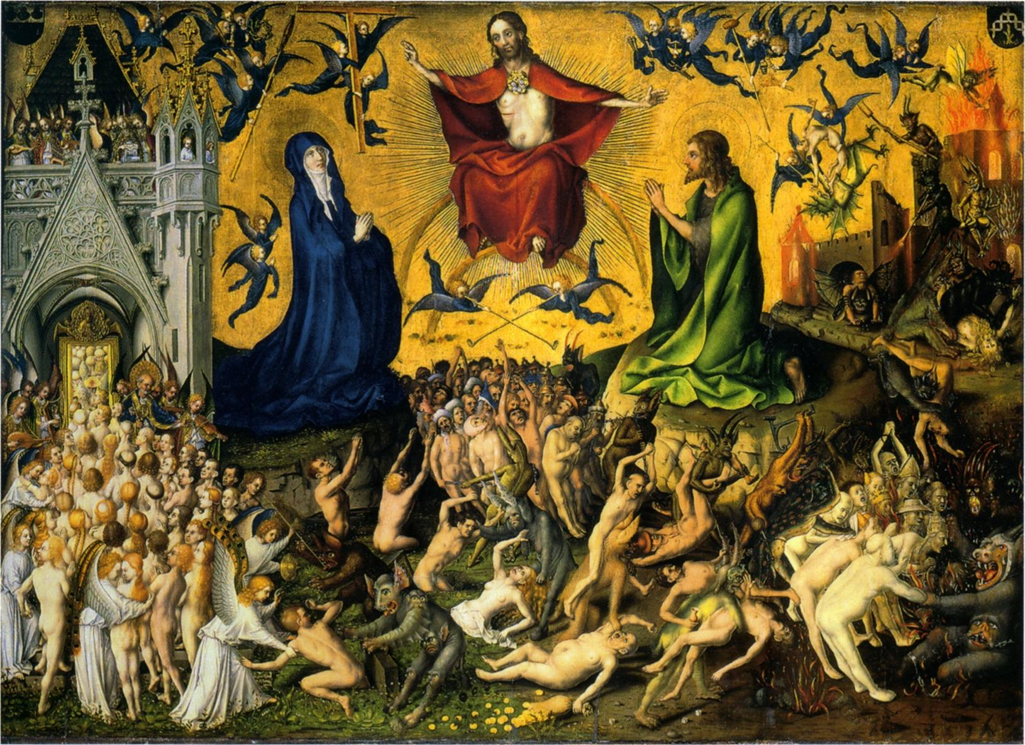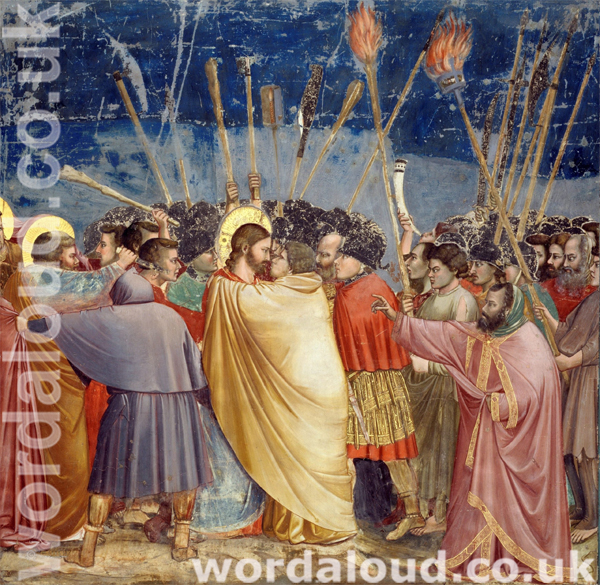Jesus | Sermon On The Mount | Our Father | The Lord’s Prayer
Jesus teaches this invitation to deeper prayer. Jesus calls us to pray from the heart, in humility and intimacy with the Father. As I begin to meditate on Jesus’ gift of prayer, I take a moment to quiet my mind and open my heart, before I speak to Jesus.
I invite the Holy Spirit to guide my thoughts. How can my prayer life be more in tune with God’s will?
Into The Secret Place | Our Father | Meditation On Jesus’ Teachings On Prayer
Jesus, you say:
‘And when thou prayest, thou shalt not be as the hypocrites are: for they love to pray standing in the synagogues and in the corners of the streets, that they may be seen of men. Verily I say unto you, They have their reward.’ – Matthew 6:5 (KJV)
You begin this teaching by exposing the heart of false prayer—the kind that seeks attention rather than communion with God. In your time, some religious leaders performed their prayers in public, not for the sake of true devotion, but to be admired by others. Their reward was not the presence of God, but the fleeting approval of men.
I wonder—do I, too, sometimes seek recognition rather than relationship? Perhaps not in dramatic, outward ways, but in the small, hidden desires of my heart. When I pray, do I long to be perceived as holy? Do I measure the ‘success’ of my prayer life by how disciplined or articulate I appear to others, rather than by how deeply I abide in the Father’s presence?
Jesus, you say:
‘But thou, when thou prayest, enter into thy closet, and when thou hast shut thy door, pray to thy Father which is in secret; and thy Father which seeth in secret shall reward thee openly.’ – Matthew 6:6 (KJV)
This ‘closet’ is more than a physical space—it is the inner sanctuary of the soul. You invite me into a hidden, sacred place where there is no need for performance, no need for carefully crafted words. Here, in the silence, you see me as I truly am. Nothing is concealed from you, and yet I am safe in your presence.
But do I allow myself to dwell in this quiet place? In a world of noise and distraction, I often resist stillness. I rush through prayer or fill it with words, afraid of silence, afraid of what you might reveal in the depths of my heart. Yet, it is in this place of stillness that true prayer begins—not with eloquence, but with honesty.

Jesus, you continue:
‘Be not ye therefore like unto them: for your Father knoweth what things ye have need of, before ye ask him.’ – Matthew 6:8 (KJV)
This is one of the most freeing truths of all. Before I even speak, the Father already knows my needs. Prayer is not about informing him of what he does not know, nor is it about persuading him to care. It is about trust. Do I believe this? Do I believe that he sees me, hears me, and already holds my life in his hands?
Then, you give us the perfect prayer—the Lord’s Prayer—not as a formula, but as a guide to shape the desires of our hearts.

Jesus, you say:
‘After this manner therefore pray ye: Our Father which art in heaven, Hallowed be thy name.’ – Matthew 6:9 (KJV)
This opening line alone holds such depth. You do not teach me to begin with demands or even with confession, but with adoration. Our Father—not just mine, but ours. This is not the prayer of an isolated individual, but of a child in communion with a family. To call God ‘Father’ is to acknowledge both his nearness and his authority.
‘Thy kingdom come. Thy will be done in earth, as it is in heaven.’
Here is the heart of true prayer: surrender. So often, I come to God with my own agenda, asking God to bless my plans. But you call me to seek something greater— God’s kingdom, God’s will. Before I ask for daily bread, before I ask for forgiveness, I must first submit my heart to God’s purpose.

‘Give us this day our daily bread.’
How easily I take for granted the gifts of each day. In a culture that urges me to accumulate and secure my own future, you remind me to live in dependence. Not for tomorrow’s bread, but today’s. Prayer draws me into the present moment, where grace is always sufficient.
‘And forgive us our debts, as we forgive our debtors.’
Here is where prayer becomes action. I cannot ask for mercy while withholding it from others. True prayer transforms my relationships—it softens my heart, making me more like you. You do not separate prayer from daily life. To stand before God in honesty is also to face the reality of my own unforgiveness.
‘And lead us not into temptation, but deliver us from evil.’
I am weak, Jesus. How often do I think I can resist temptation by my own strength? How often do I fail to recognize the spiritual battle surrounding me? You remind me that I cannot walk this path alone. Prayer is not only communion; it is also protection. Without it, I am vulnerable.
Then, you close with this sobering truth:
‘For if ye forgive men their trespasses, your heavenly Father will also forgive you: But if ye forgive not men their trespasses, neither will your Father forgive your trespasses.’ – Matthew 6:14-15 (KJV)
You make it clear—prayer cannot remain only in the secret place. It must take root in my life. If I seek forgiveness, I must also extend it. If I long for mercy, I must become merciful.

Concluding Prayer
Jesus, thank you for your invitation to come before the Father in humility and honesty. Teach me to pray not for the approval of others, but for a deeper connection with you. Help me to find stillness in your presence, trusting that God already knows my needs and desires. May my prayers reflect surrender to your will, and may my heart be shaped by your mercy and grace. Strengthen me to live out the truth of these words, making my prayer a living, transforming conversation with you.
In your name, I pray,
Amen








